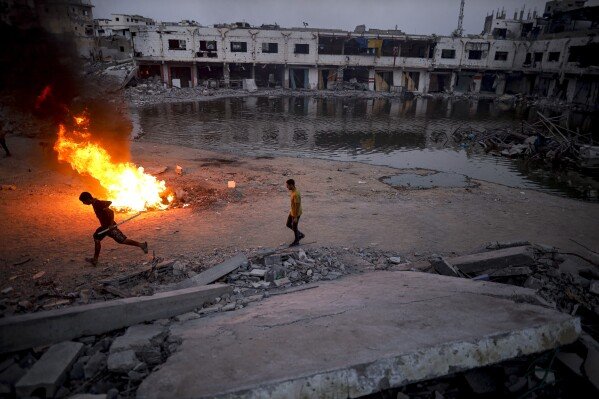Introduction
The Israeli-Palestinian conflict is one of the most protracted and emotionally charged disputes in modern history. Every flare-up of violence, particularly in Gaza, draws global attention and scrutiny. While critics often condemn Israel’s military actions as disproportionate, Israeli leaders consistently assert their right to defend their citizens. This article explores the key arguments behind Israel’s justification for its operations in Gaza, rooted in security concerns, international law, and the broader context of regional conflict.
1. The Principle of Self-Defense
Under Article 51 of the United Nations Charter, every sovereign nation has the right to self-defense. Israel cites this principle when responding to rocket fire or terrorist attacks launched from Gaza by groups such as Hamas and Islamic Jihad. These groups are designated as terrorist organizations by the United States, European Union, and others.
When Israeli civilians face barrages of indiscriminate rockets targeting homes, schools, and public infrastructure, the government argues that it is both a moral and legal obligation to respond to protect its population.
2. Targeting Military Infrastructure, Not Civilians
Israel maintains that its operations in Gaza are aimed at dismantling terrorist infrastructure — including rocket launch sites, weapons manufacturing facilities, command centers, and underground tunnels used for smuggling and surprise attacks.
Despite high civilian casualties, Israeli officials argue that Hamas embeds its military assets within densely populated civilian areas, including schools, mosques, and hospitals. This tactic, often referred to as “human shielding,” complicates Israel’s military response and raises tragic humanitarian consequences.
3. Warnings and Precautionary Measures
To minimize civilian harm, Israel often issues advance warnings before airstrikes through leaflets, phone calls, and the “roof knocking” tactic (dropping non-lethal explosives on buildings to warn of imminent attacks). These measures, while imperfect, reflect Israel’s stated commitment to adhering to the laws of armed conflict, specifically the principles of proportionality and distinction.
4. Responding to Hamas Provocations
Critics of Israel often fail to consider the trigger events that precede military actions. For instance, rocket attacks from Gaza are sometimes launched following domestic political developments or international negotiations, with Hamas seeking to assert power or derail peace efforts. Israel views such provocations as not only security threats but also attempts to destabilize the region and perpetuate conflict.
5. Responsibility of Hamas in Civilian Suffering
Israel places responsibility for civilian casualties on Hamas, accusing it of prioritizing military objectives over the welfare of Gaza’s residents. From building tunnels under residential homes to launching rockets from crowded neighborhoods, Hamas’s actions contribute significantly to the tragic toll on civilians.
Israel argues that a long-term solution to Gaza’s suffering depends not just on ending Israeli airstrikes but on the demilitarization of Hamas and the cessation of hostilities.
Conclusion: The Need for a Just and Lasting Peace
While Israel presents legal and moral justifications for its actions in Gaza, the recurring cycles of violence underscore the urgent need for a political solution. Military actions may offer short-term deterrence, but they cannot resolve the underlying causes of the conflict. A sustainable peace will require mutual recognition, security guarantees, and a commitment from all parties to prioritize life over ideology.
Understanding the rationale behind Israel’s military strategy is essential — but so is acknowledging the immense human cost and the need for a future built on coexistence rather than confrontation.

















Leave a comment